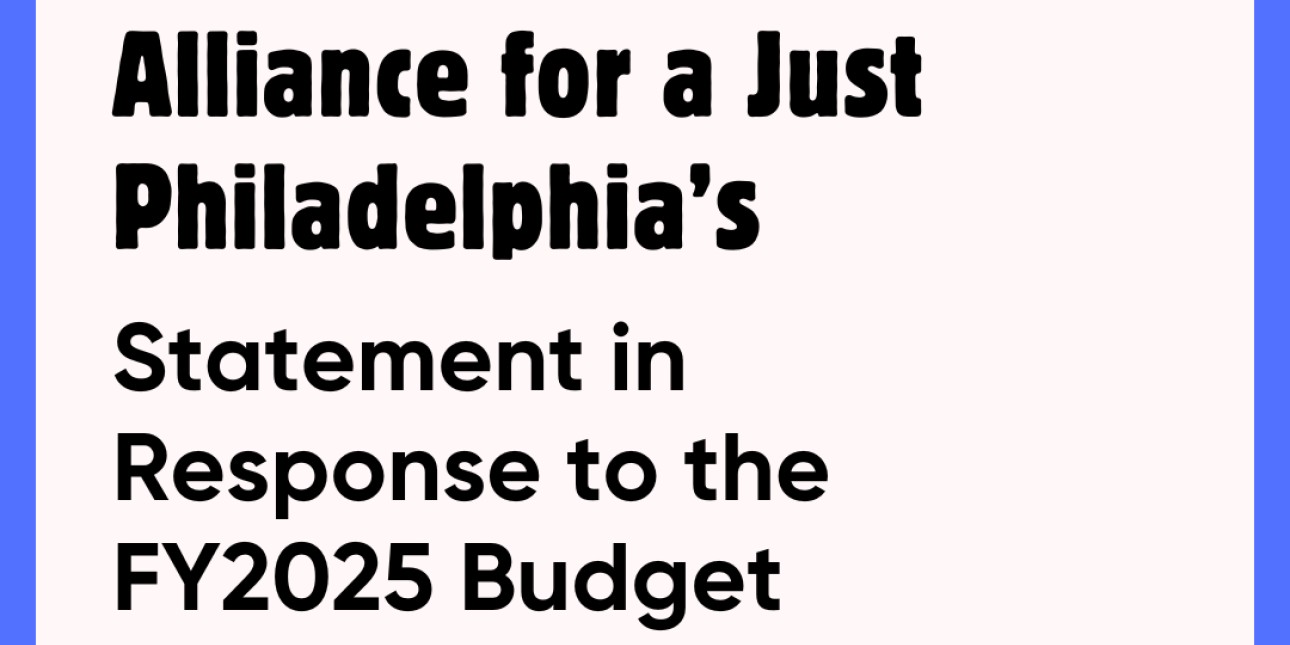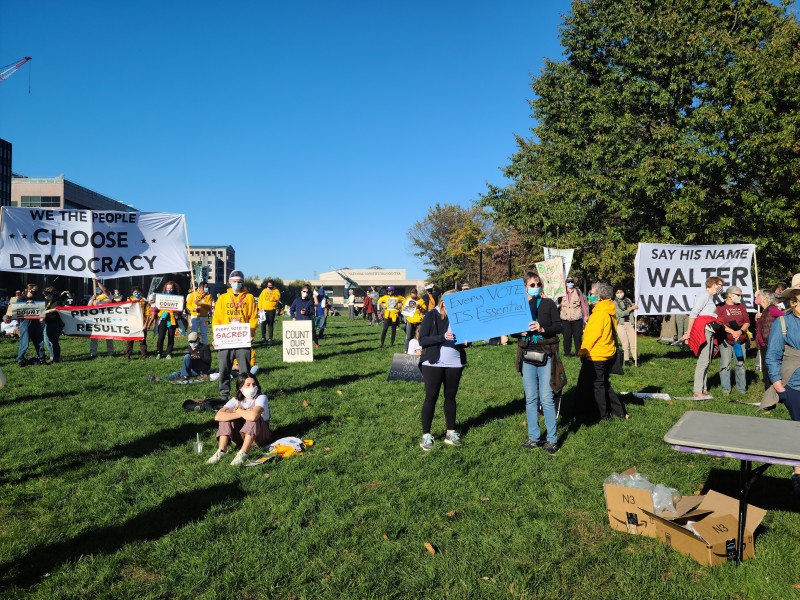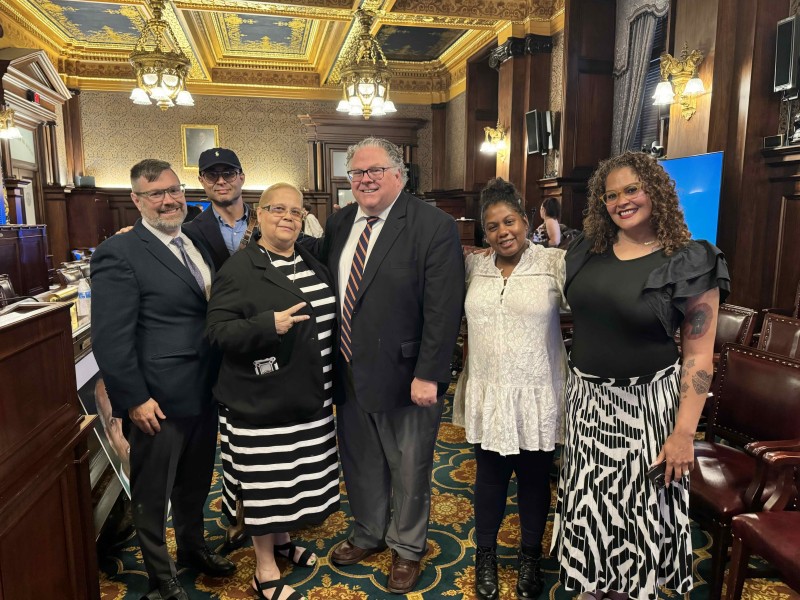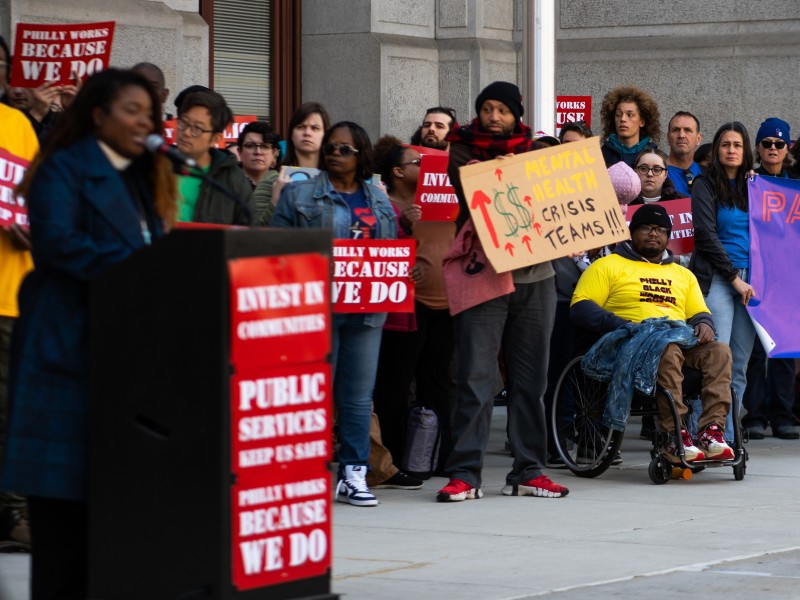Alliance for a Just Philadelphia Statement on the FY 2025 City Budget

Amistad Law Project is a proud member of the Alliance for a Just Philadelphia. In that spirit we are sharing this important analysis on the struggle around the FY 2025 budget.
The Alliance for a Just Philadelphia is thrilled to see funding for several programs that our advocates demanded, including the Community College of Philadelphia, the “Built to Last” home repairs program, and the Eviction Diversion financial assistance. We are also excited to see the Mayor’s budget support the work of our allies in the UC Townhomes coalition. The $43 million in these investment areas will go towards essential programs that address the needs of working Philadelphians. At a time where housing costs continue to skyrocket, this budget offers new protections to keep people in their homes and protect low-income residents, without giving away millions of dollars to the rich.
These wins are a direct result of our strong advocacy efforts and the work of progressive Councilmembers who understand the importance of fully funded city services that make our communities safe, healthy, and whole. We are glad to stand with our allies in Council who are fighting for a just budget, especially for renters and homeowners.
However, we are deeply disappointed that investments in public services that would keep our communities safe did not get support – the Office of Worker Protections, Mobile Crisis Units and Parks and Recreation.This means that low-wage Philadelphians won’t receive vital labor protections at their job and will continue to face wage theft, unfair scheduling practices, and other labor violations. This means that people facing mental health emergencies won’t have fast enough access to social workers and responders who could provide support. This means that our young people and city workers will not have full programming and staffing in city facilities. Instead of prioritizing these essential services, Council gave the Mayor $100 million in a blank check for new forced treatment and triage center facilities that, based on very little details given about the operation of these facilities, appear to criminalize those facing addiction and homelessness.
We will continue to fight for public services that reach the needs of our communities where we live, that protect workers and young people, and that treat those struggling with addiction with dignity.


